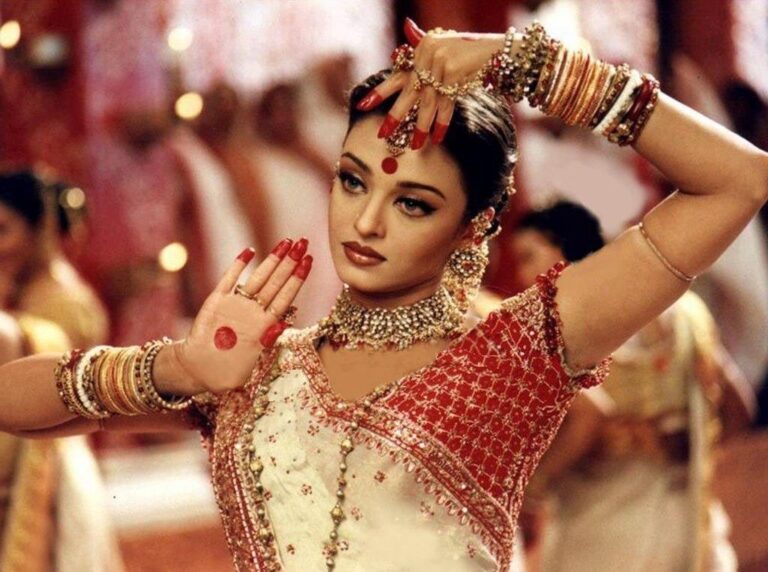Bollywood and Beyond: Period Poverty Across South Asia
Period poverty remains a significant issue in South Asia, affecting millions of women and girls. Despite notable progress in many sectors, menstruation stigma continues to hinder the overall health and education of women. This article delves into the cultural, social, and economic dimensions of period poverty in the region.
The Cultural Context of Menstruation
Cultural norms around menstruation often contribute to the problem of period poverty. In many South Asian societies, menstruation is considered taboo, leading to shame and isolation during a pivotal time in a young girl’s life. Bollywood films frequently touch upon these themes, reflecting both the stigma and the hardships faced by women.
Educational Barriers for Young Girls
Access to proper menstrual hygiene products is crucial for young girls to continue their education. Unfortunately, the cost of these products can be prohibitive for families living in poverty. Consequently, many girls miss school during their menstrual cycles, contributing to lower educational outcomes.
The Role of NGOs and Activism
Non-governmental organizations (NGOs) play a vital role in combating period poverty. Initiatives often focus on providing affordable menstrual products and educating communities to destigmatize menstruation. Moreover, grassroots movements are empowering women to advocate for their rights to health and education.
Bollywood’s Impact on Awareness
Bollywood films are beginning to address the issue of period poverty more openly. By portraying the struggles women face regarding menstrual health, these films are sparking important conversations in society. Film stars are also joining the discourse, using their platforms to raise awareness and advocate for change.
Global Connections and Initiatives
Period poverty is a global issue that transcends borders. Countries across the world are facing similar challenges, and collaboration is essential for effective solutions. For further reading on period poverty across South Asia, check out this article by The Borgen Project here.
Conclusion: A Call to Action
Addressing period poverty requires a multi-faceted approach involving education, advocacy, and social change. As awareness spreads, the hope is that both communities and governments will take decisive actions to improve the lives of women and girls. The time for change is now, and every voice matters in this critical fight for equality.

